Techniques in Host Plant Resistance to Insects
In today’s world maintenance and conservation of environmental quality has attained central core position in any human related enterprise or activity. Several challenges and opportunities have arisen for environmental-friendly technologies to use and apply in practical situation. The use of insect and diseases resistance plant is over a century old, but the theoretical aspects have barely been translated into practice. Use of resistance plants is ideal means to pest suppression. The full potential of this method of pest suppression is yet to be exploited. Prelude to the use of resistant plants in cultivated ecosystem and in integrated pest management programmes, the practical aspects and methodologies involved need to be clearly understood. This compilation is an effort in this direction. Students and young researchers will hopefully accrue easy access to the practical steps/points and develops an understanding of the topic.
The book comprises 24 different practical methods relating to host plant resistance. The first set of methods include Samplings, Distribution patterns and evaluation of germplasm screening parameters against insect pests; Equipments required; Determinations of Antixinosis, Antibiosis and Tolerance; Host plant resistance in related to castor leafhoppers and rice gall midge: Morphological characters in relation to host plant resistant; Tritropic interactions; Biochemical basis of host plant resistance; Studies on repellency, Ovipositional preference and antifeedant activity; Gene cloning, Markers, Sequencing and evaluation; Economic and ecological values of resistant plants.
Get it now and save 10%
BECOME A MEMBER

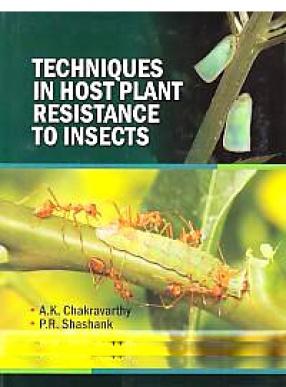
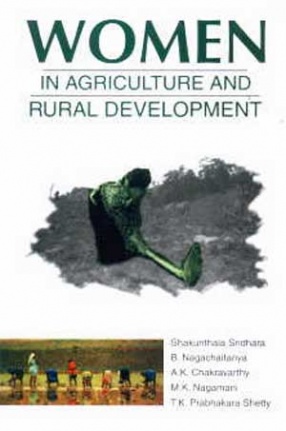
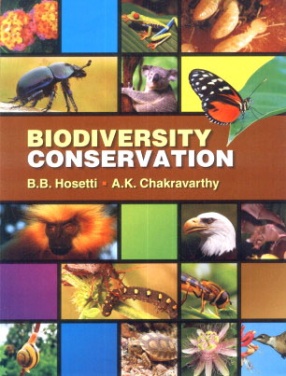
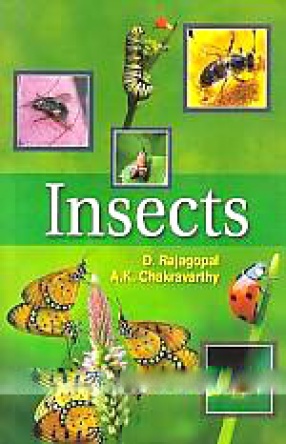
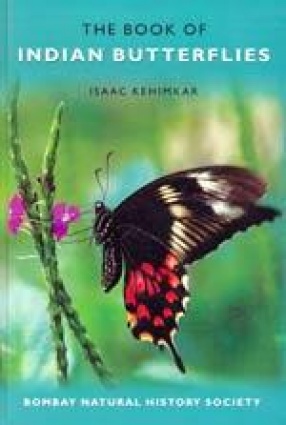
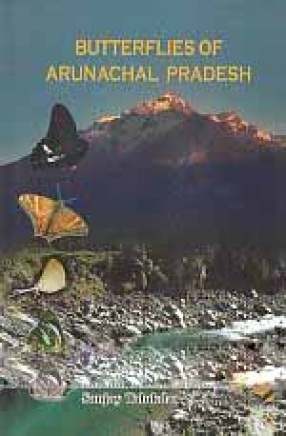
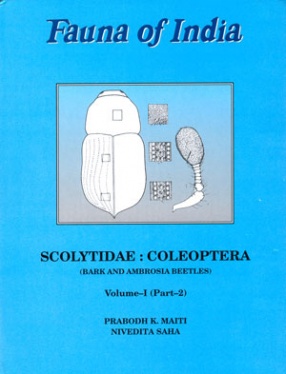
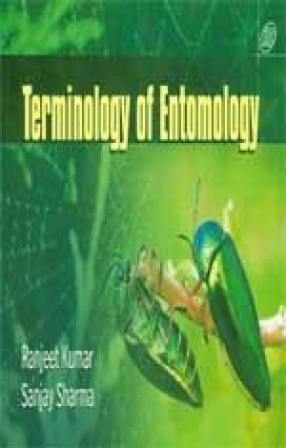

Bibliographic information